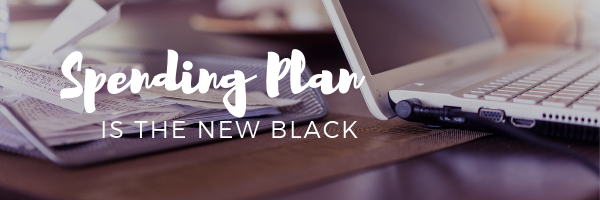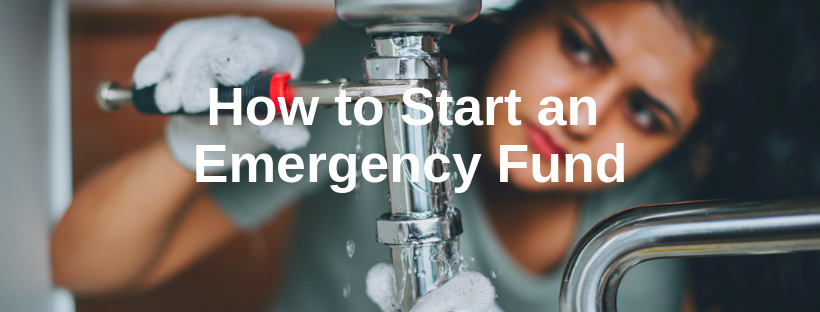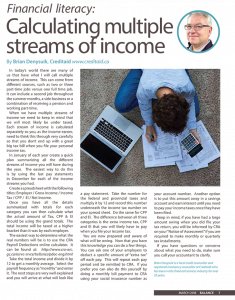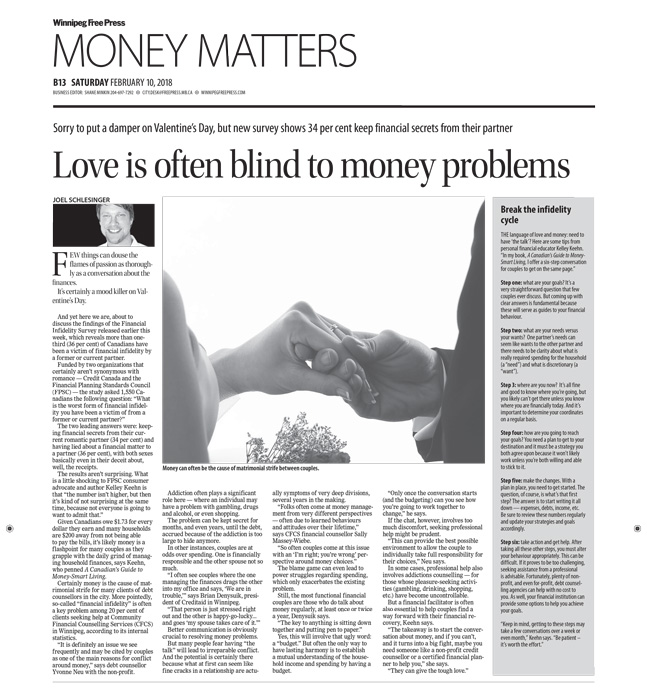
Sometimes, the words we use to describe something can affect the way we think about it. “Budget”, like “diet”, is a neutral word, but we often use it to describe something that is restrictive. Nobody really enjoys having to skip dessert, just like nobody really likes counting their pennies to make sure they can meet their obligations each month. Sometimes, however, circumstances dictate that restrictions be made, both dietary and financial. Your mental approach, however, can make a big difference in the psychological effect budgeting can have.
When you make a “budget”, you can easily fall into the trap of thinking negatively. You’ll put it off as long as possible, and rush through it to get it over with, just because you associate it with something unpleasant, which is not having enough money to buy things at will. The more difficult your financial past, the more you are to hate the whole concept of spending restrictions because they’ll remind you of your past issues, and cause you to stress in the present. One of the biggest obstacles to overcoming the financial difficulty is the (wrong) feeling of shame that accompanies it.
If you change the way you think about it, you might be able to change your attitude toward the act of budgeting. Simply calling it a “spending plan” might make it feel like sitting down to balance income with expenses is a good thing (which it is!) and make you dread it less.
Spending plans are necessary, and not only when debt loads are high and income levels are a problem. They’re more important when things are going well – that’s when a lack of awareness of our financial realities can get the better of us, and lead us to overspend, causing difficulties down the line.






